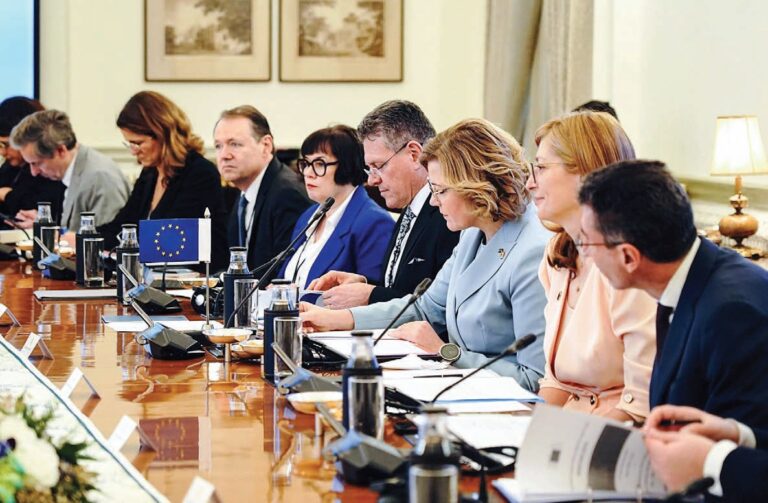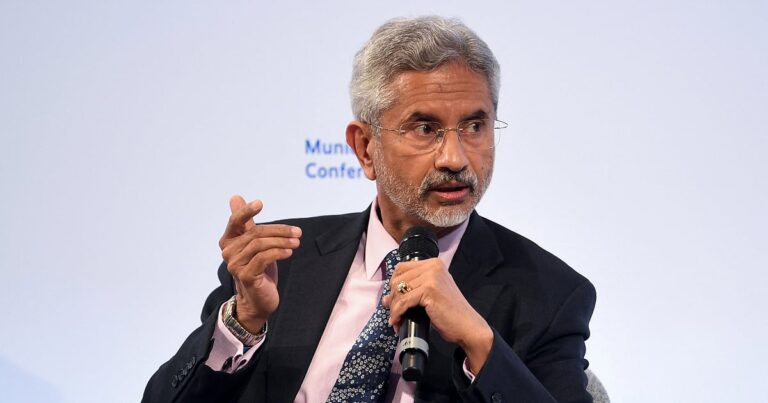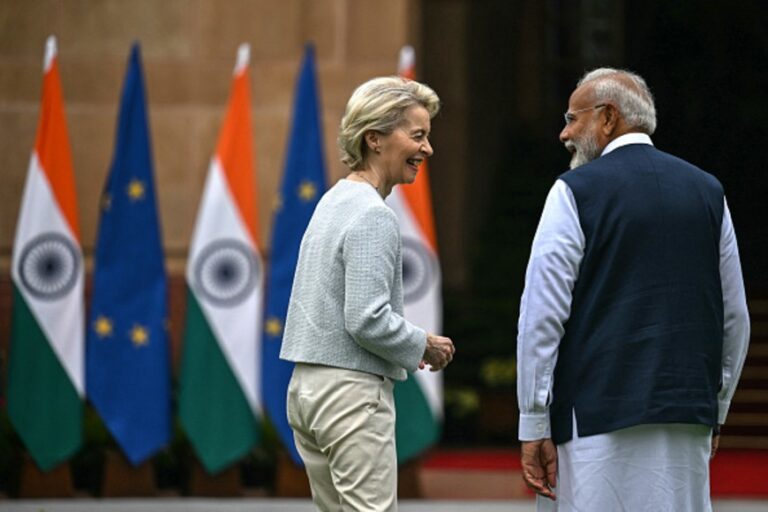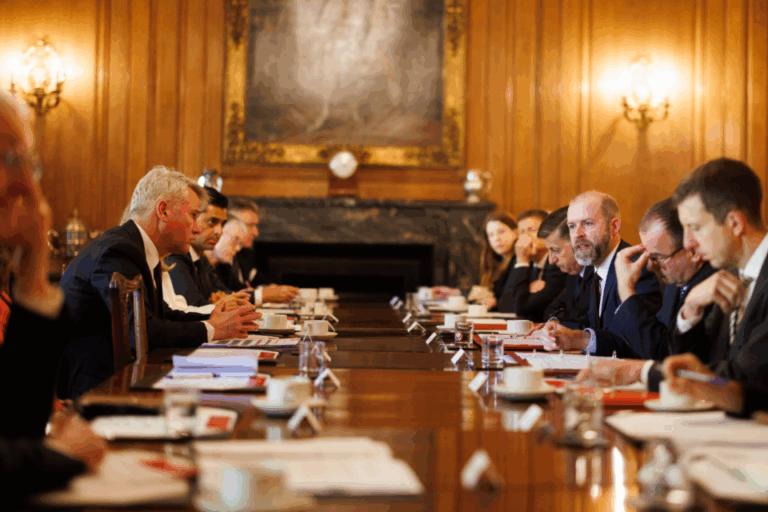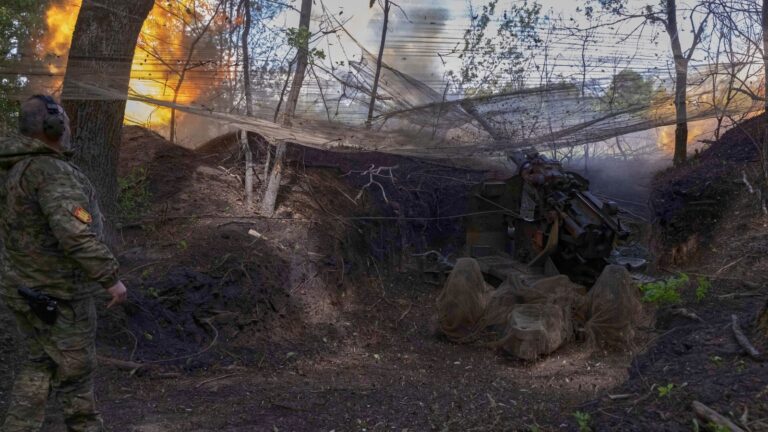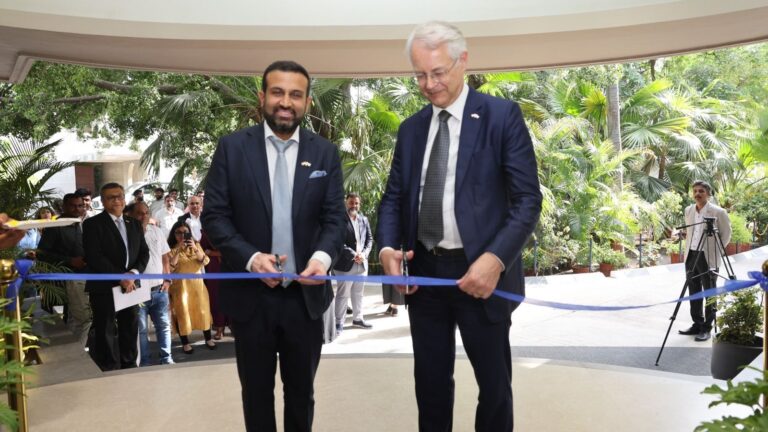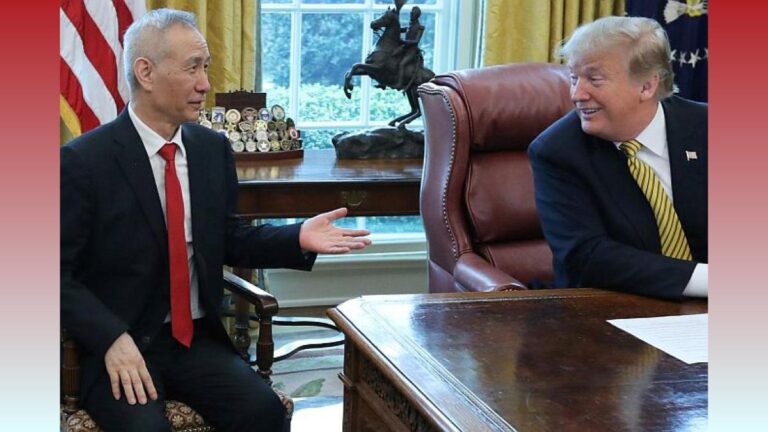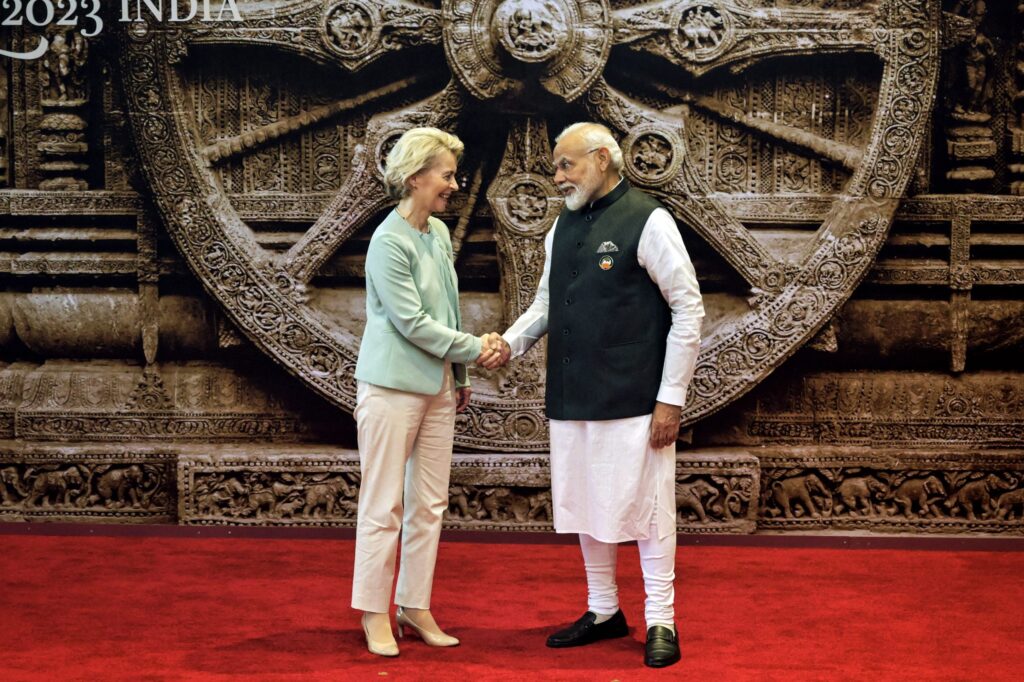
With Narendra Modi on his way to a third consecutive term as Indian prime minister and the European Parliament reshuffling after the June elections, 2024 is shaping up to be a year of recalibration of EU-India relations.
The European Union and India celebrated 60 years of bilateral relations in 2022. Although the partnership is gaining momentum under Modi’s leadership, the EU-India dynamic has yet to reach its full potential. potential.
So far, the rapprochement has mainly focused on concluding a free trade agreement (ALE), but both sides continue to feel pressure from security challenges, prompting the EU to consider expanding its relations with India in the context of strategic partnerships
Although talks have been taking place since June 2022, a potential deal is on hold as both sides look toward their elections. But that hasn’t stopped commercial progress. Last year, the EU surpassed the United States and became India’s largest country. business partner, a clear indication of an opportunity for further strategic exploration.
This is one of the main reasons why experts from the European Council on Foreign Relations (ECFR) argue there is a need to restart relations, with the countries’ respective elections providing an excellent opportunity to re-engage.
A report from the Jacques Delors Institute argues the same. According to experts at the Paris-based think tank, the coming decade offers a unique opportunity for the EU and India to deepen their partnership.
China, a shared concern
The EU and India are navigating troubled waters in their respective relations with China, but they also share common concerns.
Experts from the Geopolitical Monitor describe Ties between India and China are unique in nature. Although Modi and Chinese President Xi Jinping have demonstrated political savvy, they both lead countries with more than a billion people, making them geopolitical rivals and giving them the ability to influence global affairs, for better or for worse.
There is also strong competition in the economic field. India’s economy, estimated at $3.5 trillion, is still modest compared to China’s nearly $18 trillion, but analysts predict New Delhi could overtake Beijing as the engine of global growth as early as 2028.
China’s “miracle” expansion phase is no longer that, and Modi (and Western governments) have noticed, encouraging Modi to push companies to diversify their supply chains outside of China. China.
The Indian stock market is booming, foreign investment is coming in huge quantities and more and more governments are keen to sign trade deals.
While Europeans often walk on ice with China – as highlighted by German Chancellor Olaf Scholz’s recent visit to Beijing – they are keen that this Asian country respects its fair trade rules.
In this sense, the EU and India can further explore avenues and join forces, while considering how to approach strengthening ties between Beijing and Moscow, which are not favored by either side.
No “chopped” foreign policy
Unlike previous elections, foreign policy has become part of the electoral discourse in India. 19% of 35,000 respondents participating in an India Today Group poll released earlier this year credited Modi with elevating the country’s global stature as his second best achievement.
Although analysts say the country has never wavered on foreign policy, the past decade under Modi’s leadership has marked a visible shift in style or rhetoric rather than substance.
Subrahmanyam Jaishankar, India’s influential foreign minister, is responsible for expressing New Delhi’s recent assertiveness on the world stage. “He doesn’t mince his words,” Vinay Sahasrabuddhe, a national executive member of the Bharatiya Janata Party (BJP), told Reuters. interview.
A report from the Brussels think tank EGMONT underlines the expected continuity of an assertive foreign and security policy in New Delhi, the election result not being a surprise.
Experts believe it is possible in these areas for the two sides to foster a true partnership. For the EU, it is a geopolitical imperative to strengthen its relations with India and play a greater role in defense and security, as highlighted in particular by Russia’s war in Ukraine.
(By Xhoi Zajmi I Edited by Brian Maguire | Euractiv Advocacy Lab)
